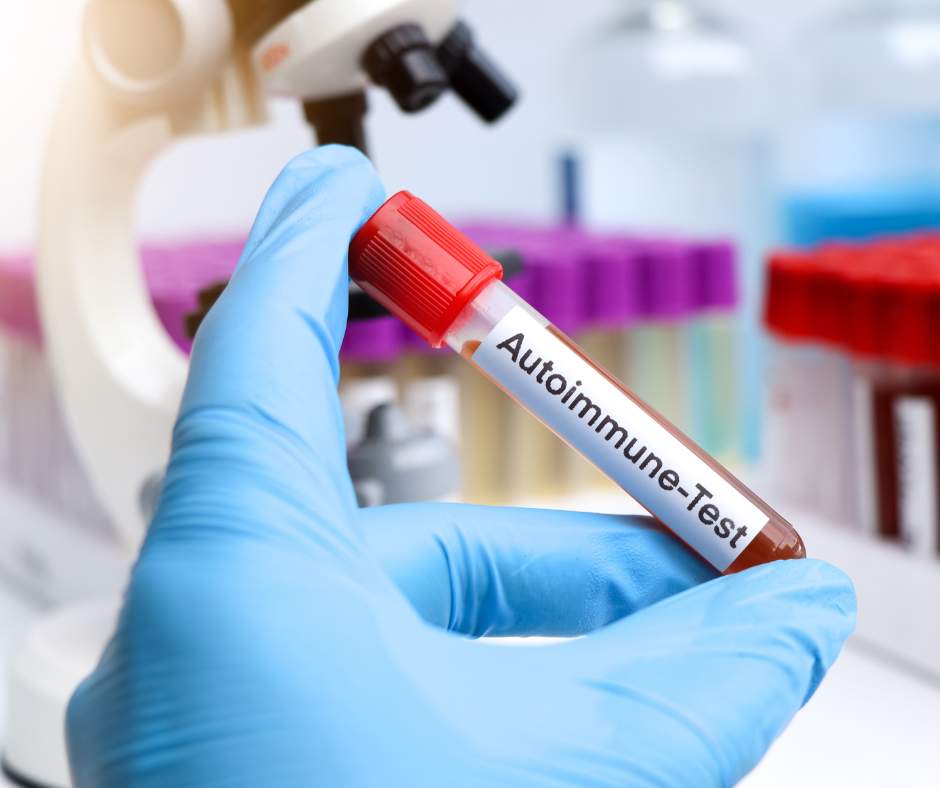Embarking on the journey of diagnosing an autoimmune or autoinflammatory disease can be daunting. To gain a clearer insight into your health, your doctor may suggest undergoing biomarker tests. But what exactly are biomarkers, and why do they matter?
What is a Biomarker?
A biomarker is a quantifiable indicator of a biological state or condition. Essentially, it serves as a signal your body emits, aiding doctors in understanding your internal health. Biomarkers can be detected in blood, tissue, or other bodily fluids, providing information about normal processes, disease conditions, or your body’s response to treatments. For autoimmune and autoinflammatory arthritis, biomarkers play a pivotal role in diagnosing the condition, monitoring disease activity, and informing treatment decisions.







